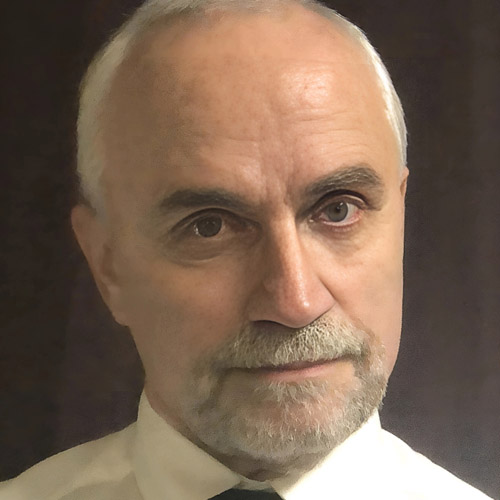AAFP: A New Way to Write Forensic Reports
Presented by: Terry Kukor, PhD, ABPP

This on-demand professional training program on A New Way to Write Forensic Reports is presented by Terry Kukor, PhD., ABPP, in partnership with The American Academy of Forensic Psychology.
This program focuses on a bold new way of approaching forensic report writing. Ever wonder why we structure our forensic reports as we do or why we include some things that don’t seem pertinent in forensic reports? Do you dread typing or dictating lengthy histories? Do you struggle to make decisions about what data points are relevant in forensic reports? Have longer reports left you wondering if anyone reads more than the conclusion? If so, this program can help. It identifies specific strategies for decision-making about what data to include and practical approaches for implementing these strategies in report writing.
It begins by focusing on core principles upon which efforts to reformulate the structure of forensic reports should be based. We anchor these principles to primary sources of authority related to forensic evaluations and report writing. This leads to a step-by-step review of how to map clinical data to functional legal capacities effectively. Finally, this program ties this all together and introduces a novel report-writing strategy that emphasizes efficiency, clarity, and relevancy.
Upon completion of this training, participants will be able to:

We are proud to partner with the American Academy of Forensic Psychology (AAFP) for this training. AAFP is a non-profit organization of board-certified forensic psychologists whose mission is to contribute to the development and maintenance of forensic psychology as a specialized field of study, research, and practice. The Academy does this by providing high-quality continuing education workshops, providing a forum for the exchange of scientific information among its members, and conferring awards upon outstanding students and practitioners in the field of forensic psychology.
Palo Alto University, Continuing & Professional Studies (CONCEPT) is approved by, recognized by, or maintains sponsorship provider status with the following boards and agencies. We maintain responsibility for all content in our CE/CPD programs. For more information, visit here.
American Psychological Association (APA): Approved sponsor of continuing education for psychologists.
Association of Social Work Boards (ASWB): Approved continuing education provider (ACE program, Provider #1480), 11/22/2023–11/22/2026.
Canadian Psychological Association (CPA): Approved to sponsor continuing education for psychologists.
National Board for Certified Counselors (NBCC): Approved Continuing Education Provider (ACEP No. 7190).
Palo Alto University, Continuing and Professional Studies (CONCEPT) is approved by the American Psychological Association to sponsor continuing education for psychologists. Palo Alto University, Continuing and Professional Studies (CONCEPT) maintains responsibility for this program and its content. Palo Alto University, Continuing and Professional Studies (CONCEPT), is approved by the Canadian Psychological Association to offer continuing education for psychologists. Palo Alto University, Continuing and Professional Studies (CONCEPT), SW CPE is recognized by the New York State Education Department’s State Board for Social Work as an approved provider of continuing education for licensed social workers #SW-0356 and the New York State Education Department’s State Board for Mental Health Practitioners as an approved provider of continuing education for licensed mental health counselors. #MHC-0073. Palo Alto University, Continuing and Professional Studies (CONCEPT) has been approved by NBCC as an Approved Continuing Education Provider, ACEP No. 6811. Programs that do not qualify for NBCC credit are clearly identified. CONCEPT Professional Training, #1480, is approved to offer social work continuing education by the Association of Social Work Boards (ASWB) Approved Continuing Education (ACE) program. Organizations, not individual courses, are approved as ACE providers. State and provincial regulatory boards have the final authority to determine whether an individual course may be accepted for continuing education credit. CONCEPT Professional Training maintains responsibility for this course. ACE provider approval period: 11/22/23-11/22/26. Social workers completing this course receive (clinical or social work ethics) continuing education credits.